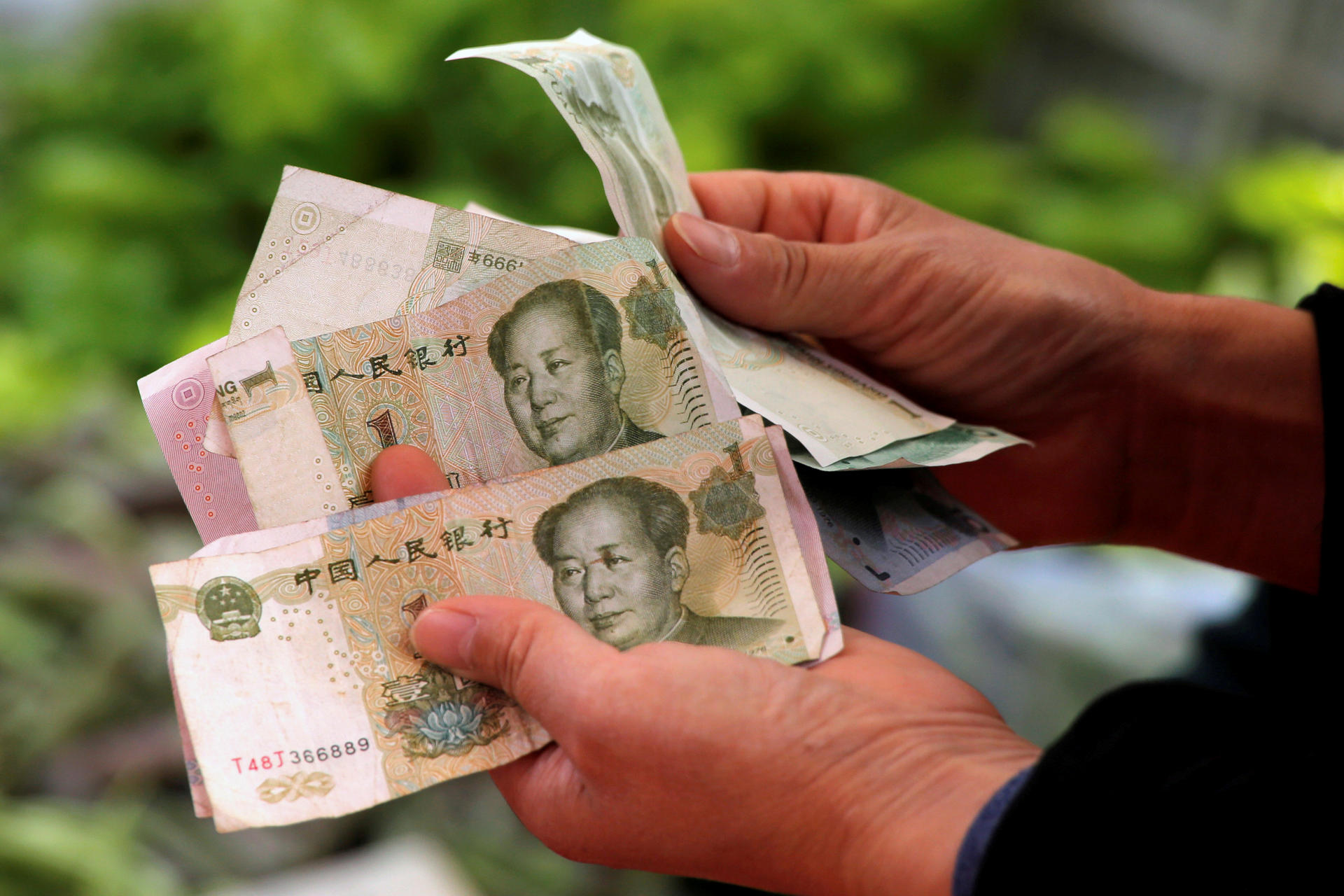
Topic
- The apps that perform best are those that are already in the next phase, implementing innovative and advanced features for investments and insurance
- Digital banks are making deep inroads into the small- and medium-size business banking market, forcing banks and lenders to catch up
Wine has a built-in scarcity factor that will see it continue to outperform many traditional assets
Socially and ethically responsible investing may be the most timely of trends, but fears of greenwashing rightly remain
China’s economy is expected to stabilise later this year, although meeting the GDP growth target for 2022 will be challenging
Banks want a piece of action in the new frontier that is Web3, but issues like investor protection and security need to be addressed
Investors looking forward to a global economic recovery are now seeing a bumpy ride ahead
[Sponsored Article] By capitalising on the synergy between its Private, Corporate & Institutional and Commercial Banking businesses and client bases, Desmond Liu, Regional Head of Private Banking, Greater China and North Asia at Standard Chartered Bank says that it has set a target to grow assets under management from US$57 billion at the end of 2015 by US$25 billion by 2018. Liu notes that this commitment to Private Banking and Wealth Management is a critical part of the broader Bank's strategy to reposition itself for growth. A strong balance sheet and solid capital base provides a notable differentiator and allows the Bank to offer credit solutions to clients, which according to the 2015 Capgemini Asia-Pacific Wealth Report, plays a prominent role in the portfolios of high-net-worth (HNW) individuals.
[Sponsored Article] Bank of Communications is backing its customised approach to win over Hong Kong's wealthy with its first-class OTO FORTUNE private banking service first launched in 2008. Introduced to the Hong Kong market in 2010 to coincide with the establishment of its state-of-the-art private banking service centre in the city, the bank offers comprehensive, integrated wealth management services to Hong Kong’s high net worth clients—without the limit of boundaries.
[Sponsored Article] Steven Lo, Citi Private Bank Managing Director, Global Market Manager (Hong Kong) says while Citi Private Bank’s principals and objectives to serve clients remain the same, to meet client expectations, reallocation strategies have been designed to both preserve and grow wealth. For instance, Lo says while real estate investments remain a preference for many Asian investors, real estate investment opportunities in Asia, particularly in Hong Kong, have become less attractive as a consequence of the economic downturn in Asia, driven in large part by China’s slowdown and fluctuations in the global markets.
















